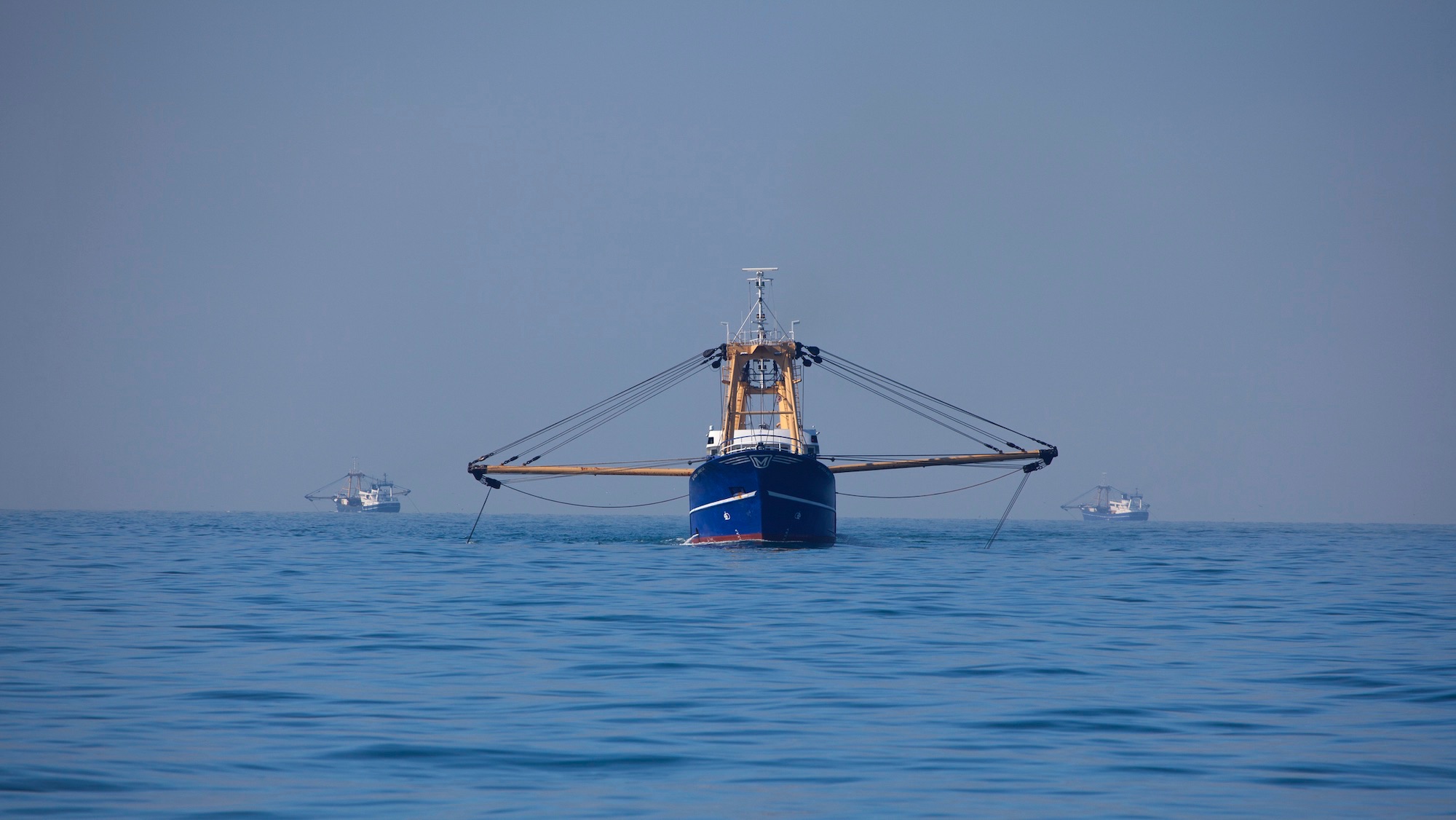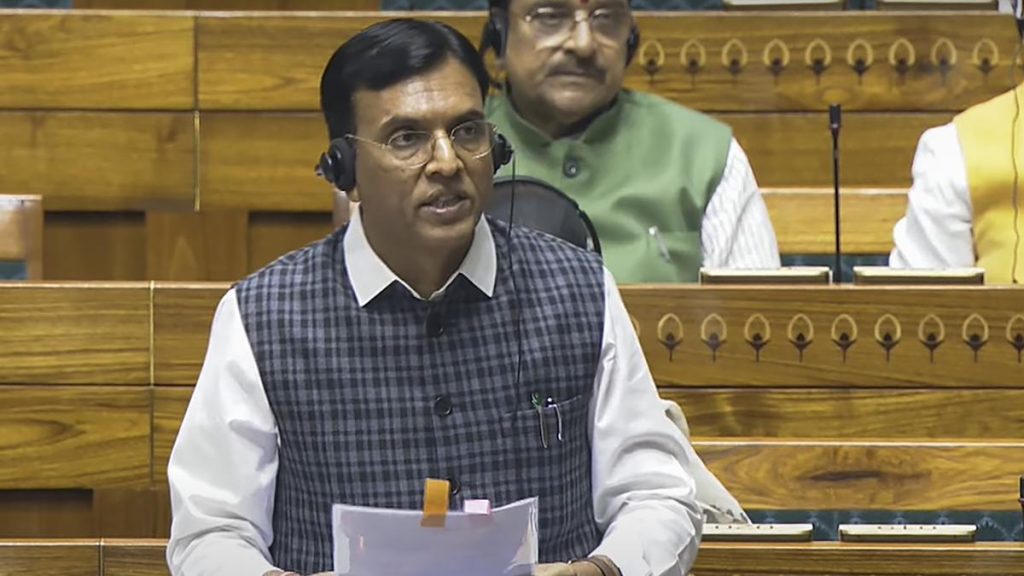Now Reading: Preserve the Seafloor, Curb Destructive Practices
-
01
Preserve the Seafloor, Curb Destructive Practices
Preserve the Seafloor, Curb Destructive Practices

Rapid Summary
- Oceans absorb approximately 30% of global carbon emissions, but human activities like bottom trawling and dredging are reducing this capacity.
- Bottom trawling and dredging disrupt seafloor chemistry, increasing ocean acidity and impairing its ability to absorb CO₂.
- Globally, these practices release 2-8 million metric tons (teragrams) of CO₂ annually-equivalent to the emissions from up to 1 million U.S. homes.
- Key chemical processes on the seafloor that generate alkalinity (necessary for carbon absorption) are negatively impacted by trawling and dredging due to increased oxygen exposure.
- Muddy coastal shelf areas are most vulnerable because they play a key role in maintaining ocean alkalinity.
- Advances in equipment and restricting trawling grounds could mitigate emissions without significantly impacting seafood supply.
!Image: The Northern lights Carbon Capture and Storage facilities in Bergen, Norway.
Credit: Leon Neal/Getty Images.
!Image: Fisherman emptying net full of fish into hold on a trawler.
Credit: Monty Rakusen/Getty Images.
Indian Opinion Analysis
This study highlights critical environmental implications globally but is especially relevant for India due to its vast coastline and reliance on fisheries for livelihoods. With around 7,500 kilometers of coastal areas supporting biodiversity-rich ecosystems as well as heavy commercial fishing activities, India’s marine practices could play a significant role in either mitigating or exacerbating climate issues.
Ultimately, balancing ecological preservation with economic activity is vital. Any policy changes should engage stakeholders such as local fishing communities while incentivizing sustainable methods through technology upgrades or financial support schemes.India’s active participation in global conservation dialogues would also be essential given its contribution to maritime activity-and any efforts implemented here would align with broader climate goals under agreements like the Paris Accord.
Read More: Original Article

























